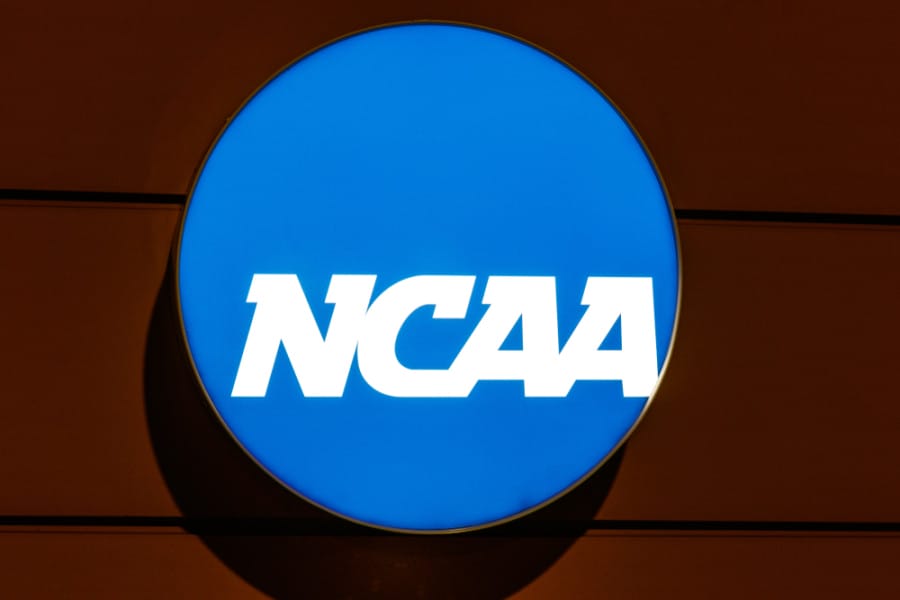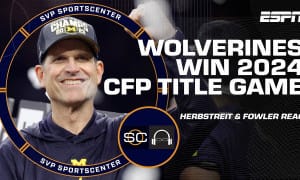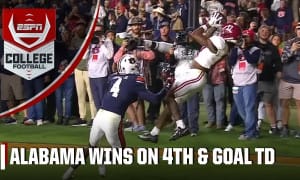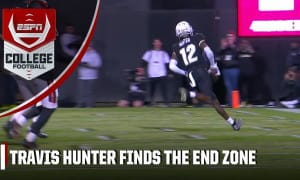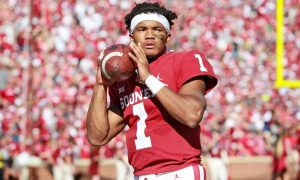The NCAA has given the green light for college football players to transfer without limits, a move that could lead to players being dropped – a shift similar to the NFL, according to some.
“To qualify for immediate eligibility post-transfer, undergraduate student-athletes must have departed their previous school while meeting academic requirements and in good standing (without disciplinary issues) and satisfy degree progress conditions at their new school before joining the team,” stated NCAA officials in a release. “Graduate transfer student-athletes will need to have earned a degree from their prior institution, left in good academic standing, and be enrolled full-time as a postgraduate student meeting academic standards to qualify for eligibility.”
The NCAA’s decision to scrap the mandatory one-year waiting period for transferring players (in Division I) represents a significant change in college sports. While it may seem to emphasize academic standards, the reality is more nuanced. The impetus for this decision did not stem from a newfound focus on education within the NCAA, but rather from the mounting legal challenges, particularly the antitrust lawsuit led by various state attorneys general.
States like Illinois, New York, Tennessee, West Virginia, Colorado, and Ohio, along with the Department of Justice, contested the transfer regulations as anti-competitive. Under escalating legal pressure, all involved parties reached a compromise – allowing players with multiple transfers to participate in the upcoming fall season.
In essence, while this policy change may be presented as a commitment to academic values, it underscores a larger trend, indicating that college sports are moving closer to becoming a free agent market. As the NCAA navigates these legal and societal currents, the landscape of collegiate athletics is evolving, posing numerous questions about the balance between sports competition and academic pursuits.
Trey Wallace of Outkick penned:
“One of the consequences of the NCAA’s revision to transfer rules may impact the athletes directly. In a scenario where roster spots are viewed more as business exchanges, coaches could potentially trim their rosters and encourage players to enter the transfer portal without facing objections from fans or the athletes themselves.”

